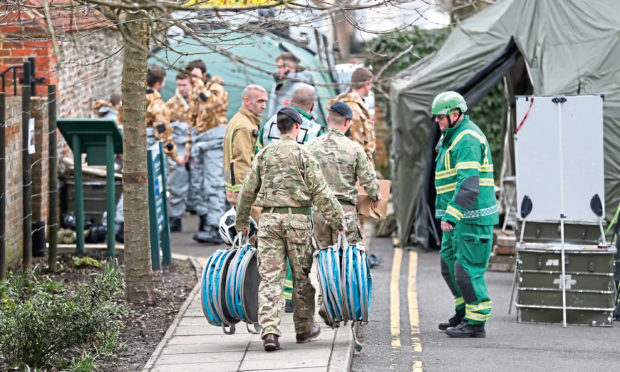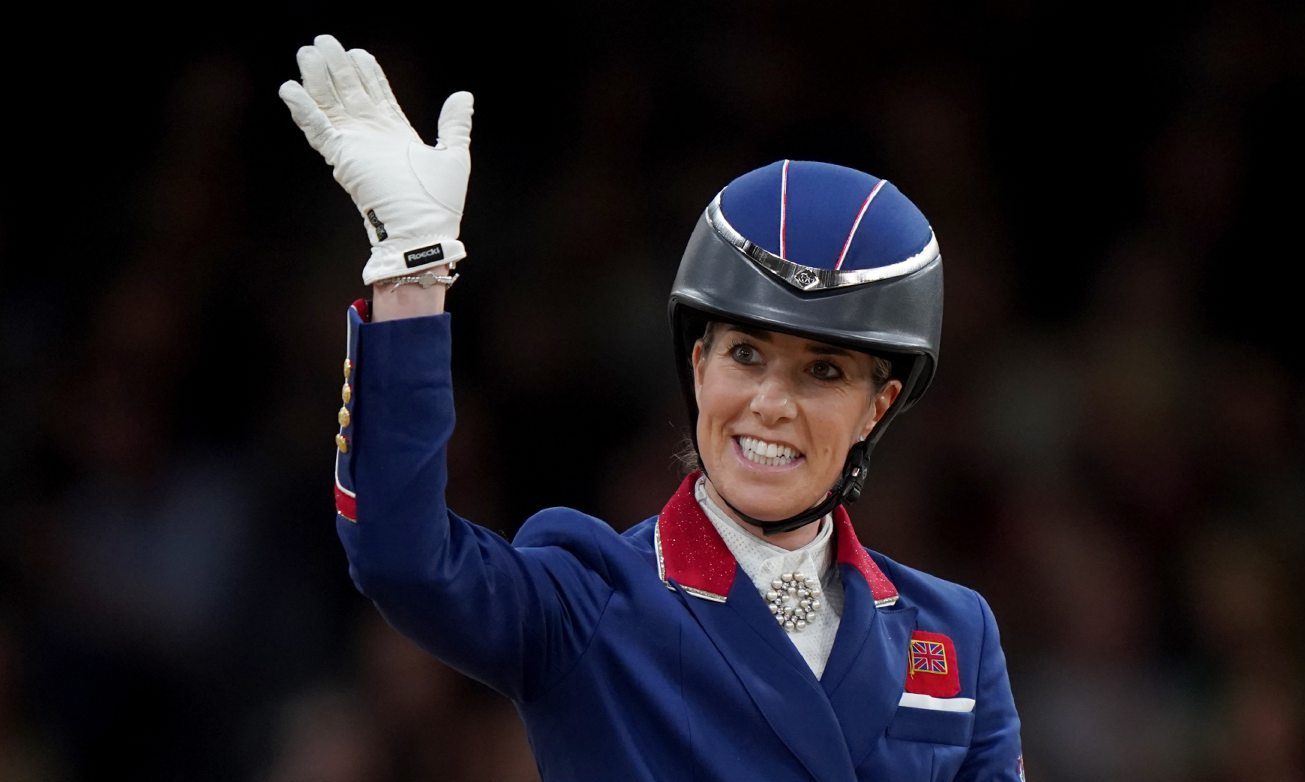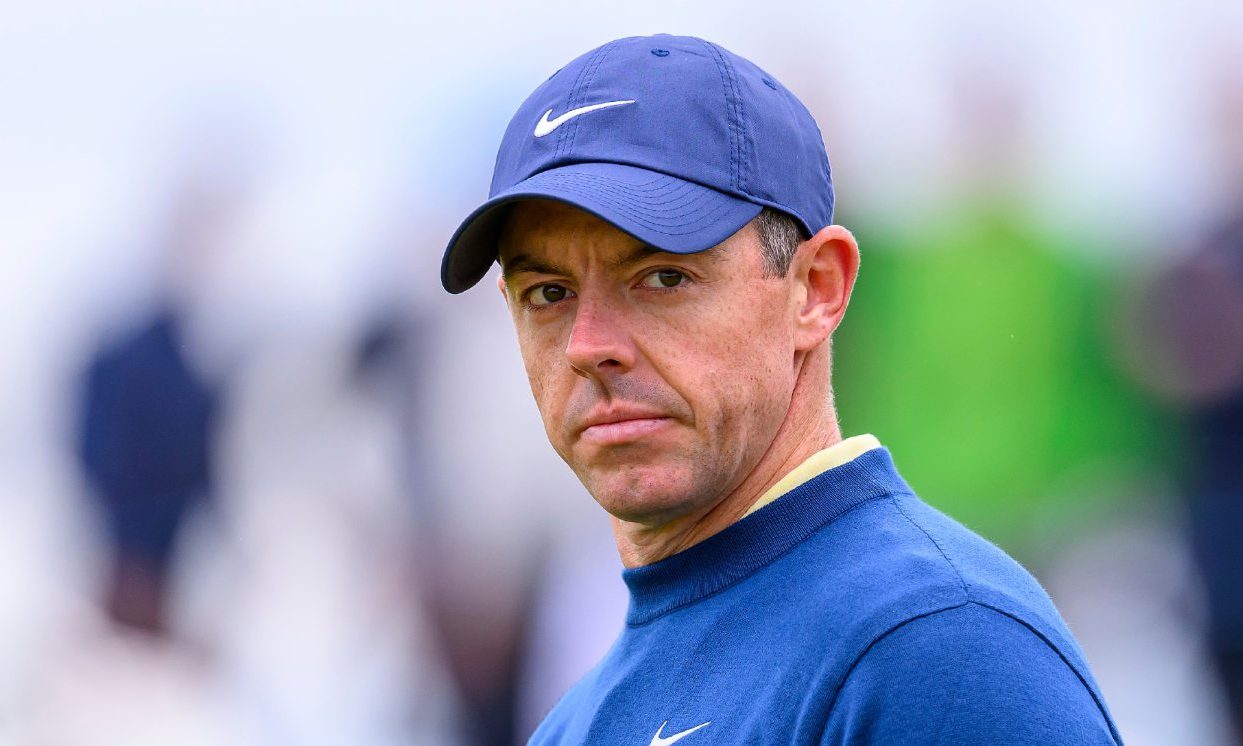Russia may be the only party to come out of British politics well in this election.
Not as well as Oleg Sokolov. He’s the drunk Russian Napoleon buff who fell into the Moyka river in St Petersburg while carrying the dismembered arms of his former girlfriend. A story that ran widely because it summed up so much that we think of as Russian. Murder, imperial dreams and alcohol. Little men with psychotic tendencies.
This black comedy occurred in the same week as Armistice Day. The 11th hour of the 11th day of the 11th month, when we recall the war dead. At first, the two tales seem disconnected.
Yet the British leaders, black-coated and poppied, who signalled their patriotic duty to the integrity of this country at the Cenotaph, are the very ones accused of treachery.
Some 13 years ago, the Russian Alexander Litvinenko was murdered on British soil by what is believed to be Moscow agents. One year ago, two Russians, Sergei Skripal and his daughter Yulia were poisoned in Salisbury, England, by Russian agents.
We have academic reports that Russia sought to influence the IndyRef through social media. We have studies that point to Russian influence in the 2016 EU referendum.
The British secret services say there are 10 serious cyber attacks on Britain every week, and in the publicity for the new British aircraft carriers, it is made clear that Russia is the threat.
We also know Russia has tried to influence our main ally, the USA. The Mueller report into Donald Trump was about the links between his presidential campaign and Moscow – it found a number of strange connections, and several people lost their jobs.
Russia is a clear and present danger to the West. It’s not so much that the gun is smoking, rather that we can hear it firing, but just can’t catch the enemy in the act.
This prompted the UK Government to ask the Intelligence and Security Committee to report on Russian interference in our politics. The report, finished eight months ago, should have been published before the election, but Downing Street has refused.
We are voting for leadership, yet we don’t know what our leaders think of the Russian threat.
Hillary Clinton said this week: “Every person… deserves to see that report before your election happens. There is no doubt… Russia in particular is determined to try to shape the future of Western democracies – not to our benefit, but to theirs.”
On America, she added: “They (the Russians) would like to assure the re-election of someone who has done their bidding,” meaning Trump.
One of the people to give evidence to the Intelligence and Security Committee was Bill Browder – a financier turned campaigner against the gangster regime of Russia.
He told the BBC: “(The) Putin regime is paying members of the British establishment to try and stop me.
“You should not worry about Russian spies. You need to worry about British spies working for the Russians, from both parties. The (UK) is one of the least tough countries on Russia. There are no sanctions on Russia (as a consequence of the Skripal poisonings).”
What are we to conclude about an establishment that will look sombre on Armistice Day, but deny voters information on an enemy?
And what is the prize?
Russia needs to be normalised and reassured. We need to see beyond the dark comedy of murderous men falling into rivers with body parts, and see the 145 million people with the same ambitions as the rest of us.
Yet the actions of the establishment have not been to normalise Russia, but to conspire with and seek gain from Moscow. The aim is not to make for a more peaceful world or to help Russian people reach Western standards of living, but to contain Russia as an angry bear, in part as a threat to us, in part to disguise whatever else is going on.
The truth is that were Russia in the Middle East or Africa, then the West would howl, and possibly fight wars, to bring it democracy and freedom. As it is, we humour the incoherent country.
Russia is the last vestige of medieval state-making. It makes no sense as a country, stretching over miles and time zones. It is there because of feudalism and monarchy, broken by communism, then by rampant capitalism. She is an empire without purpose, now bent on bringing her own woes to the rest of us.
And our current PM thinks we don’t need to know.
“Who do they think they are that they would keep information like that from the public?” says Hillary Clinton.
“I’ll tell you who they think they are. They think they are the all-powerful strongmen who should be ruling.”





